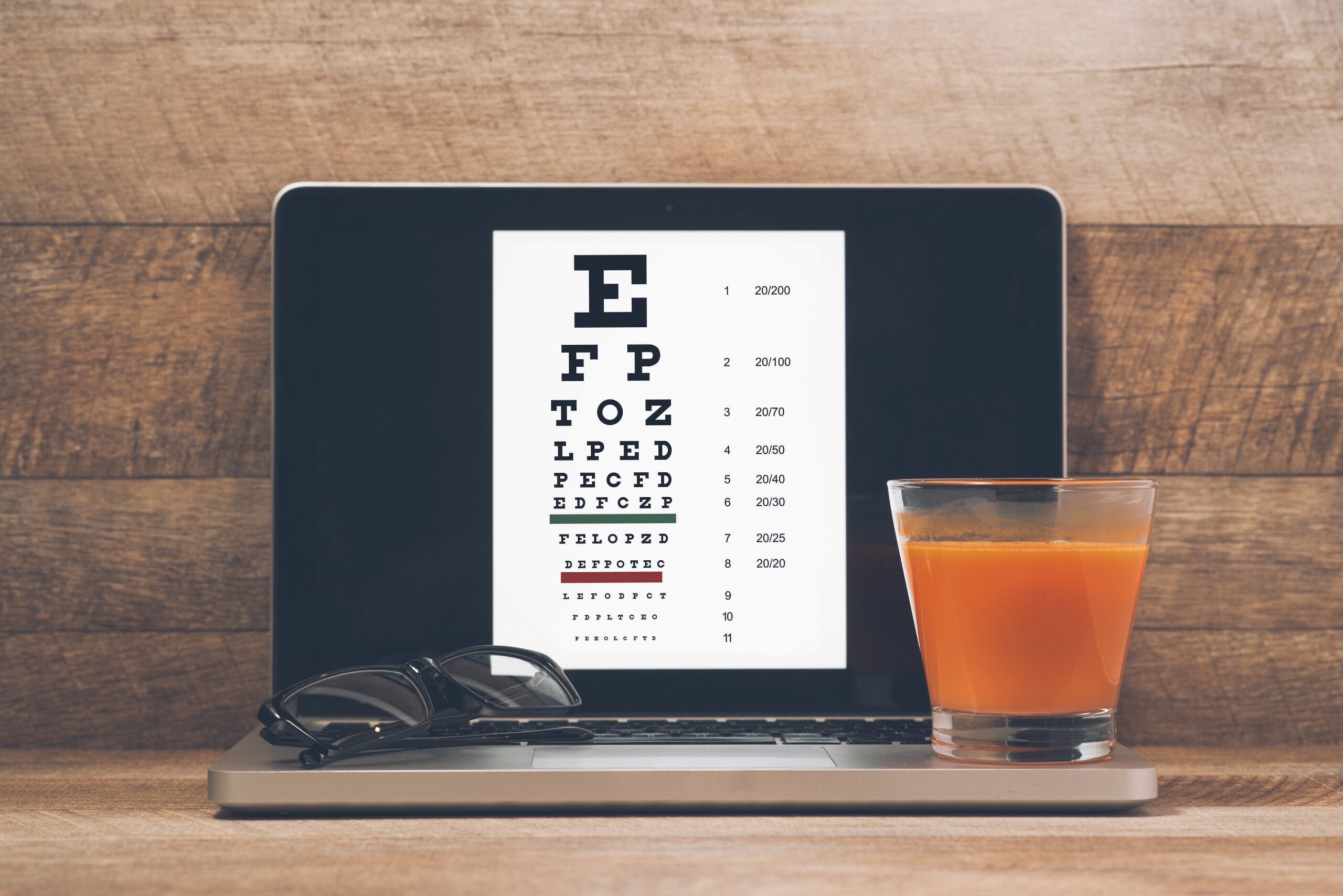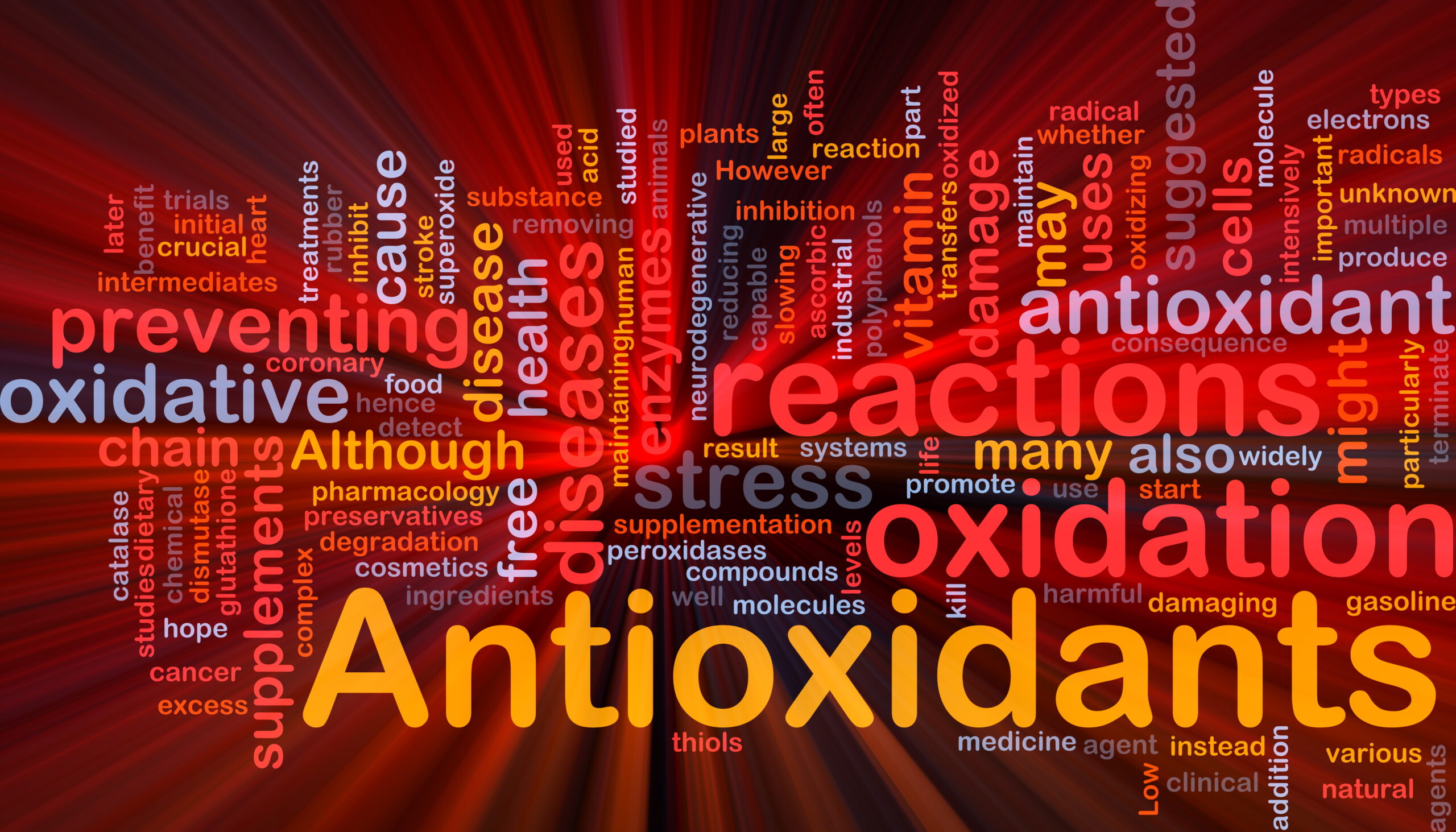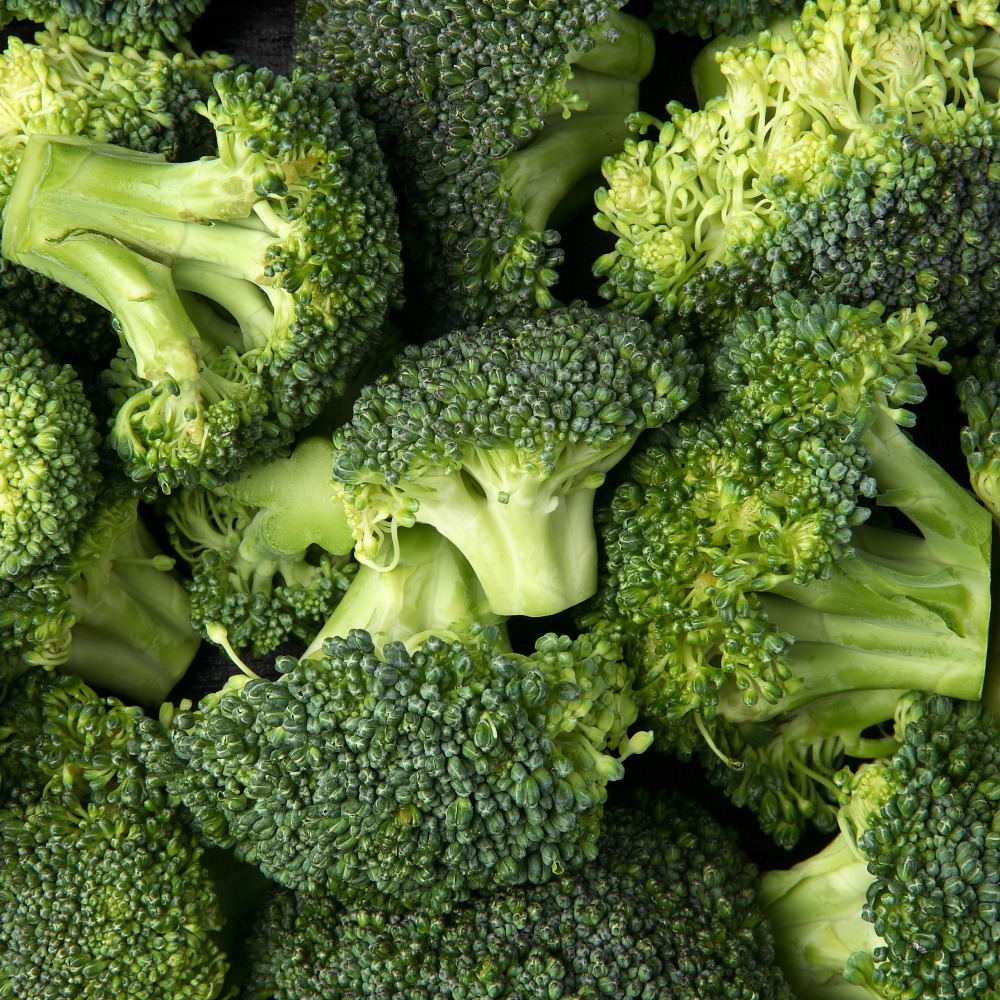Food for thought: Study links key nutrients with slower brain aging
Scientists have long been studying the brain with a goal of aiding healthier aging. While much is known about risk factors for accelerated brain aging, less has been uncovered to identify ways to prevent cognitive decline. There is evidence that nutrition matters, and a novel study published in Nature Publishing Group Aging, from the University …








